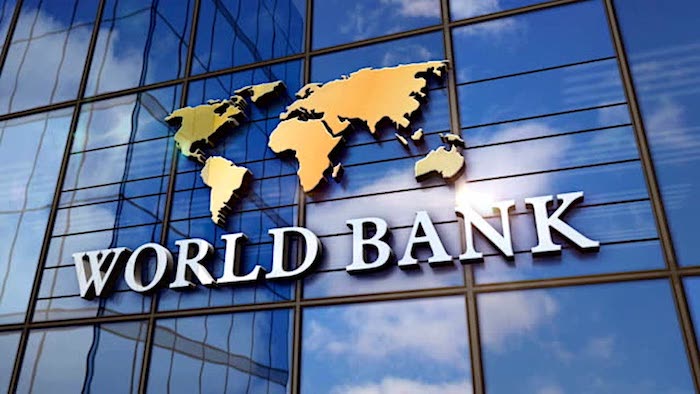The World Bank has advised the Nigerian government to ensure that the $800 million loan intended to mitigate the impact of fuel subsidy removal reaches the intended beneficiaries and is protected from fraudulent activities. Shubham Chaudhuri, the Country Director of the World Bank, emphasized the importance of targeted cash transfers for vulnerable individuals, particularly as the poverty rate in Nigeria is expected to rise. He suggested increasing the number of beneficiaries to cushion the pain caused by the subsidy removal.
Chaudhuri clarified that the $800 million loan has not yet been disbursed and is awaiting approval from the National Assembly. He acknowledged that the removal of petrol subsidy would result in short-term pain but argued that it was necessary. He stated that the government should take decisive steps to mitigate the pain for the majority of the population, especially those who are poor or economically insecure, by providing targeted cash transfers.
Regarding the identification of the poor and vulnerable, Chaudhuri mentioned an ongoing process of identifying households across Nigeria. The National Social Registry, which includes approximately 15 million households, was created by asking communities to identify the poorest and most vulnerable individuals. He emphasized the need to ensure that the cash transfers reach real people and are not misappropriated.
Chaudhuri also highlighted the significance of large-scale cash transfers, stating that it aligns with global standards. The World Bank’s board approved $800 million for cash transfers to around 10 million households, which equates to approximately N360 billion. The transfers would amount to N5,000 per household for a period of six months, with an additional N60 billion allocated for implementation costs and assisting individuals in setting up bank accounts or mobile wallets. The World Bank is collaborating with relevant Nigerian government agencies, such as the National Social Safety Net Coordination Office, the National Cash Transfer Office, and the Central Bank of Nigeria, to ensure the effective execution of the program.
